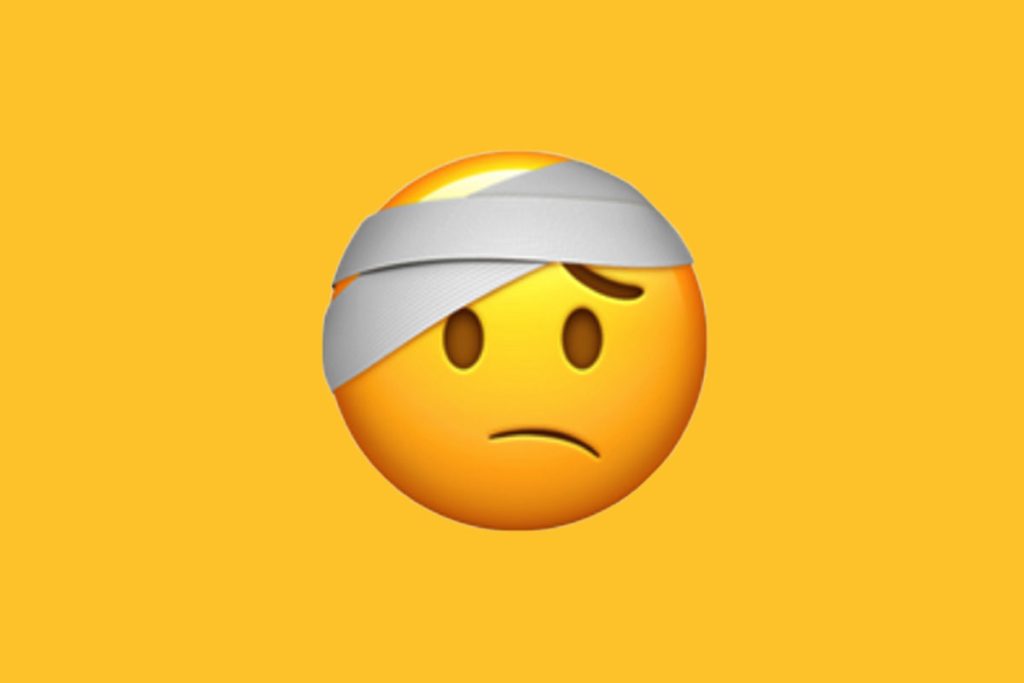3 Ways Social Media Posts Can Sabotage Your Injury Claim
by Christian Scranton

Social networks like Facebook or Instagram can be great tools for sharing pictures and messages to your friends and loved ones. But once you take it beyond that, you could be left with some problems… especially when it comes to a personal injury claim.
Recently, Dwayne “The Rock” Johnson uploaded a picture to Instagram of the car accident his mother and cousin were unfortunately a part of. Along with this photo he posted was a message that showcased exactly how he felt about the incident. Much of his post came from the heart, but he did decide to include some harsh words. He mentioned that his first impression was to “find the person who did this and do unrelenting harm to them,”.
Although you may not think this is a big deal, and you’ve probably seen much worse on Instagram, this could potentially be used in his mother and cousin’s personal injury case. It remains to be seen if this may cause problems for a quick and easy settlement for his relatives.
Here are 3 ways social media posts can sabotage your injury claim:
1. Revealing Confidential Material.
Depending on the details of your case, you may have to sign a non-disclosure agreement. Usually this is done when a business or celebrity is involved to keep the public’s knowledge to a minimum. If you post something on a social networking site, you may violate the terms of the settlement.
2. Volunteering Incriminating Evidence.
Videos and pictures can be used as incriminating evidence so it’s best to watch what you post. Even a message about where you are or what you’re doing can come back to bite you.
3. Threatening the Other Party.
This is where The Rock might find some trouble. Threats on social networks can also be used in court. As much as you might want to blast that big corporation you’re suing, this could negatively affect the settlement process.
So if you’ve been injured and you’re thinking about suing, you may want to leave social networking for checking out the latest cat videos. Contact one of our personal injury lawyers to get your questions answered and to set up a free case evaluation.